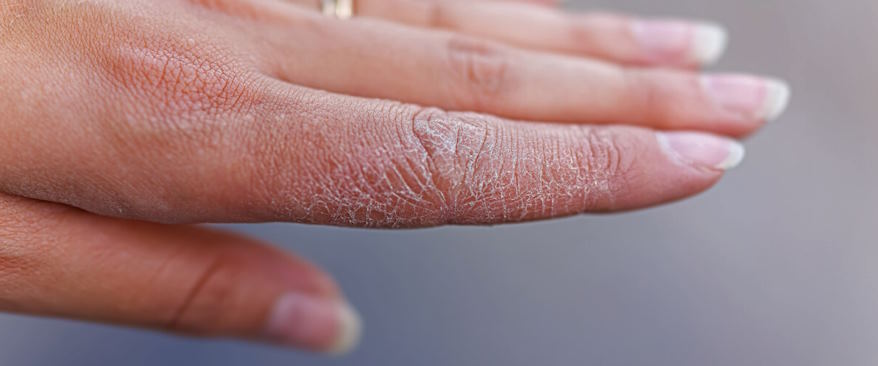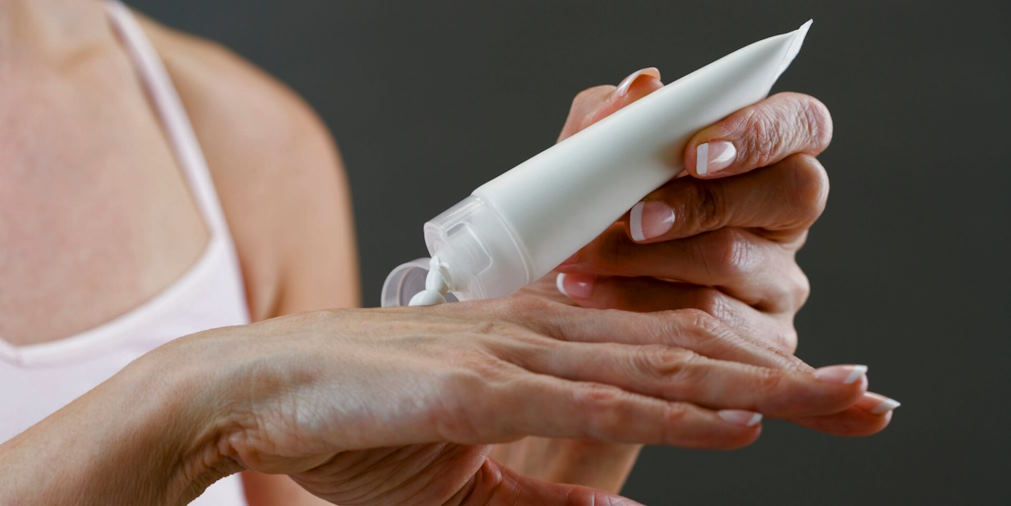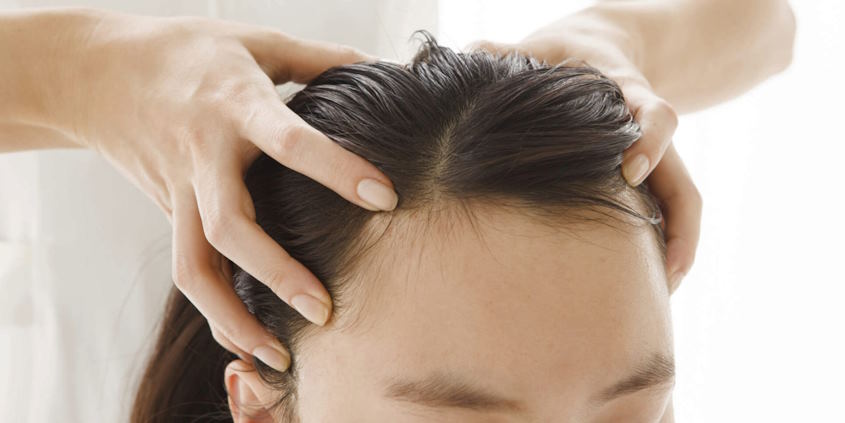Dealing with cracked hands can be both physically discomforting and aesthetically displeasing. Nevertheless, armed with proper understanding and attentive care, you can effectively tackle this issue and reclaim the smooth, healthy appearance of your hands.
What are the widespread reasons for this problem?
Cracked hands can result from various factors, including environmental conditions and lifestyle habits.
Exposure to cold, dry air, particularly during the winter months, can strip the skin of its natural moisture, leading to dryness and cracking. Frequent hand washing or the use of harsh soaps and sanitizers can further exacerbate this problem by removing the skin’s protective oils and disrupting its barrier function. Also, prolonged water exposure, such as when washing dishes or swimming, can weaken the skin and contribute to cracking.
Skin conditions like eczema, psoriasis, or contact dermatitis can also cause cracked hands, as inflammation and irritation compromise the skin’s integrity.
Furthermore, certain occupations or activities that involve repetitive hand movements or exposure to chemicals can increase the risk of developing cracked hands.
Understanding these common reasons is crucial for implementing effective preventive measures and targeted treatments to address this issue.

How can you solve this problem?
To alleviate cracked hands, it’s essential to adopt a comprehensive approach that addresses both the symptoms and underlying causes.
Start by regularly moisturizing your hands with a rich, emollient hand cream or ointment, especially after washing them or being in water. Consider using products with ingredients like glycerin, hyaluronic acid, shea butter, or petrolatum to lock in moisture and repair the skin’s barrier.
Avoid using harsh soaps or hand sanitizers that can further dry out the skin. Instead, opt for mild, fragrance-free cleansers formulated for sensitive or dry skin.
Protect your hands from harsh environmental factors by wearing gloves when exposed to cold, dry air or when performing tasks that involve water or chemicals.
For severe cracking or if you have an underlying skin condition, consult a dermatologist who can recommend specialized treatments such as prescription-strength moisturizers, topical steroids, or other medications to manage inflammation and promote healing.
Additionally, maintaining a healthy lifestyle with a balanced diet, staying hydrated, and managing stress can also support overall skin health, including the hands.






